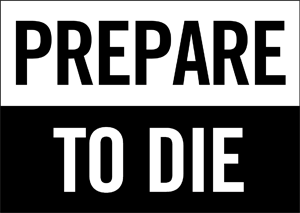There is a balm in Gilead
To make the wounded whole.
There is a balm in Gilead
To heal the sin-sick soul.
I  was leant this book and took some time reading it. It is beautiful and deeply moving. Click on the image or follow this link, to learn more about the story and the author (who
was leant this book and took some time reading it. It is beautiful and deeply moving. Click on the image or follow this link, to learn more about the story and the author (who I believe won the 2005 Pulitzer Prize for this novel).
It seems to me that, among other things, this story is a reworking of the story of the Prodigal Son (Luke 15.11-end). The first person voice, John Ames, struggles with whether he can be the good father to his godson and namesake, John Ames Boughton. He struggles with his antipathy and his jealousy. Grace abounds.
What stikes me is that John Ames represents both the father and the older son in Luke parable. As the 'father', he comes to understand the prodigal's waywardness and inability to be at home, he grows in compassion and he becomes able to bless his son, despite the son's continued atheism.
As the 'elder son' he is the one in his family who never leaves home, who is faithful to his calling and to the town of Gilead. He struggles with his jealousy that this prodigal has the love and acceptance of his (genetic) father (old Boughton) and of his own wife. For some reason he cannot fathom, that love for the prodigal is greater, or perhaps more overt, than the love for the stay-at-home son. He fears that the prodigal will take up with his wife when he is dead - will claim his inheritance.
John Ames receives healing in both these aspects of his 'sin-sick soul' and dies whole.
It is an amazing book of an old man reviewing his life, struggling with great honesty with his demons, open-eyed to his faults and to his ways of self-deception, yet full of self-acceptance and love for the world he is about to leave.






















































